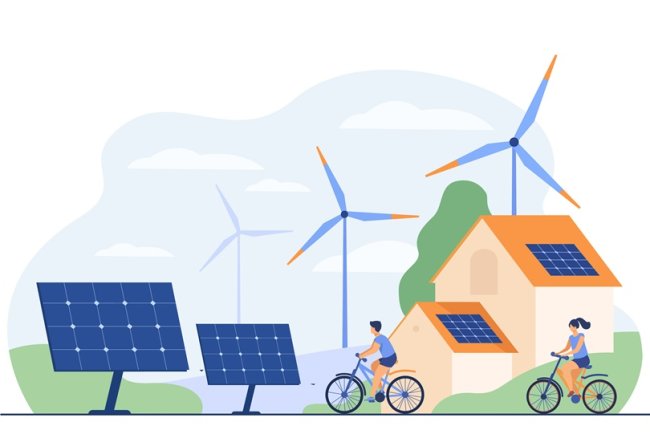Even After A Thousand Cycles, Our Aluminium Retains Its Original Strength: Eurobond's Yashvi Shah
In an interview with Yashvi Shah, Marketing Head at Eurobond, she shares her insights on sustainability, innovation, and the meticulous approach that shapes the company’s vision for the future

In an interview with Yashvi Shah, Marketing Head at Eurobond, she shares her insights on sustainability, innovation, and the meticulous approach that shapes the company’s vision for the future.
What changes have you noticed, or what challenges have emerged, regarding sustainability?
As a company, we have always focused on producing green materials. We are Indian Green Building Council (IGBC) certified, and our aluminium composite panels and metal composite panels are highly sustainable. Recently, we have taken things a step further by enhancing our procurement processes. The aluminium in our composite panels is 100% recyclable, retaining its properties no matter how many times it’s recycled — even after a thousand processes, it remains as strong as the original. Additionally, the LDP and minerals used in the core of our materials are entirely reused in the next production cycle, ensuring zero wastage. Our latest launch, zinc composite panels, is another step forward. Through our exclusive collaboration with Rainzinc, the zinc we procure emits 50% less CO2, making both our procurement and production processes more sustainable.
Your company is IGBC certified. With BRSR reports being voluntary, do you plan to pursue them?
The recently introduced EPR — Extended Producer Responsibility — policies are shaping the industry. Has EPR impacted your company’s practices?
How do you view the importance of sustainability reports like GRI or BRSR, and do you see certifications playing a role in strengthening your global position?
We are looking into more certifications, especially now with recent policy changes in China. The removal of export rebates has made international buyers seek alternative suppliers, and additional certifications would strengthen our position globally.
How do you recycle your aluminium panels? Do you use a furnace or another method?
We have specific practices in place. When an aluminium composite panel is produced, any damaged pieces or offcuts are separated. The aluminium layers are peeled off, collected, and reused, ensuring that nothing goes to waste.
What challenges have you faced as a woman in a leadership role, and how do you think women can overcome these obstacles in the workplace?
The most significant barriers are often created by patriarchal norms that limit ambition, so they become ingrained in our minds. We must rise above those biases, take credit for what we've accomplished, and make space for ourselves as leaders.
Do you use a furnace in recycling of recycle or another method?
What's Your Reaction?
















